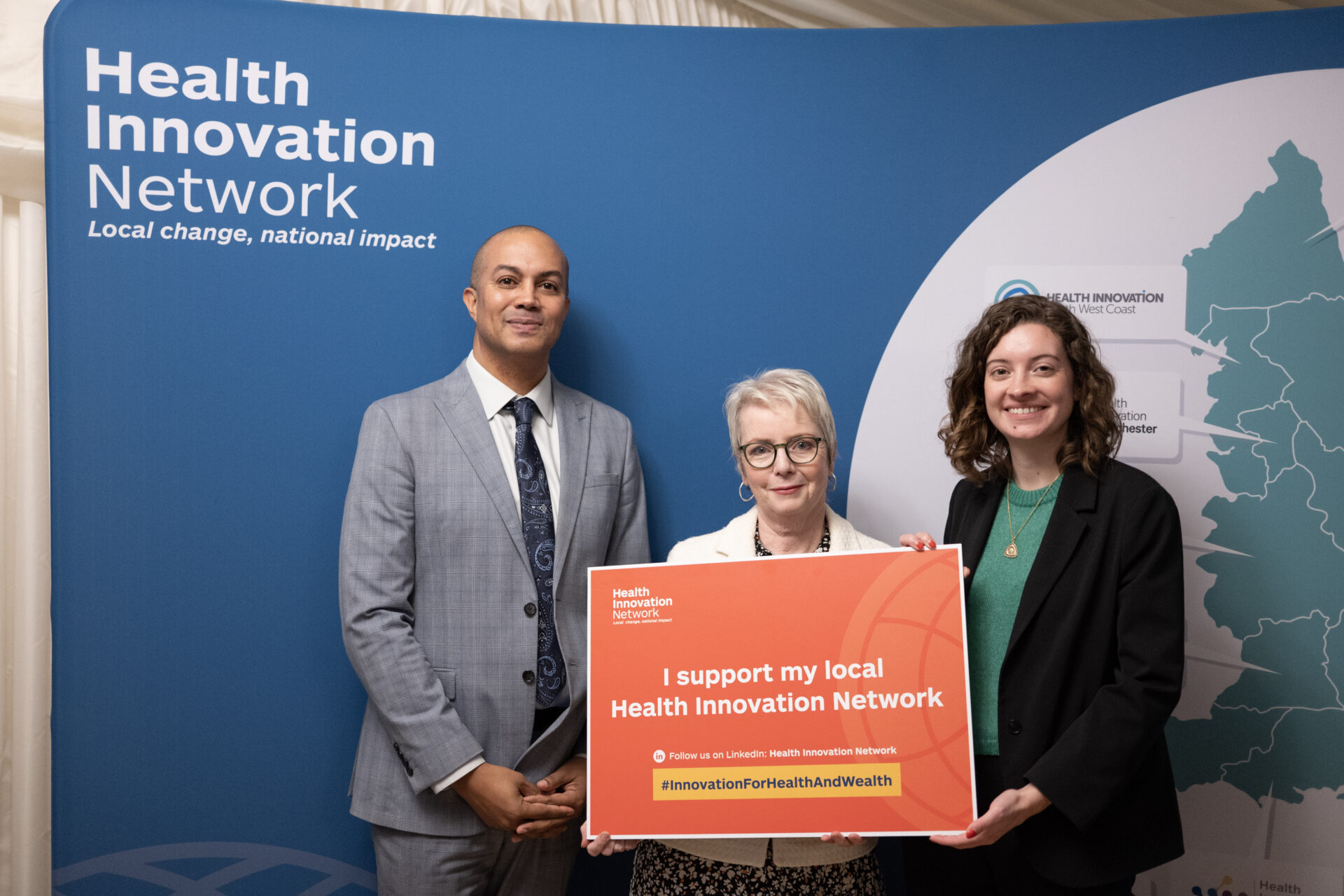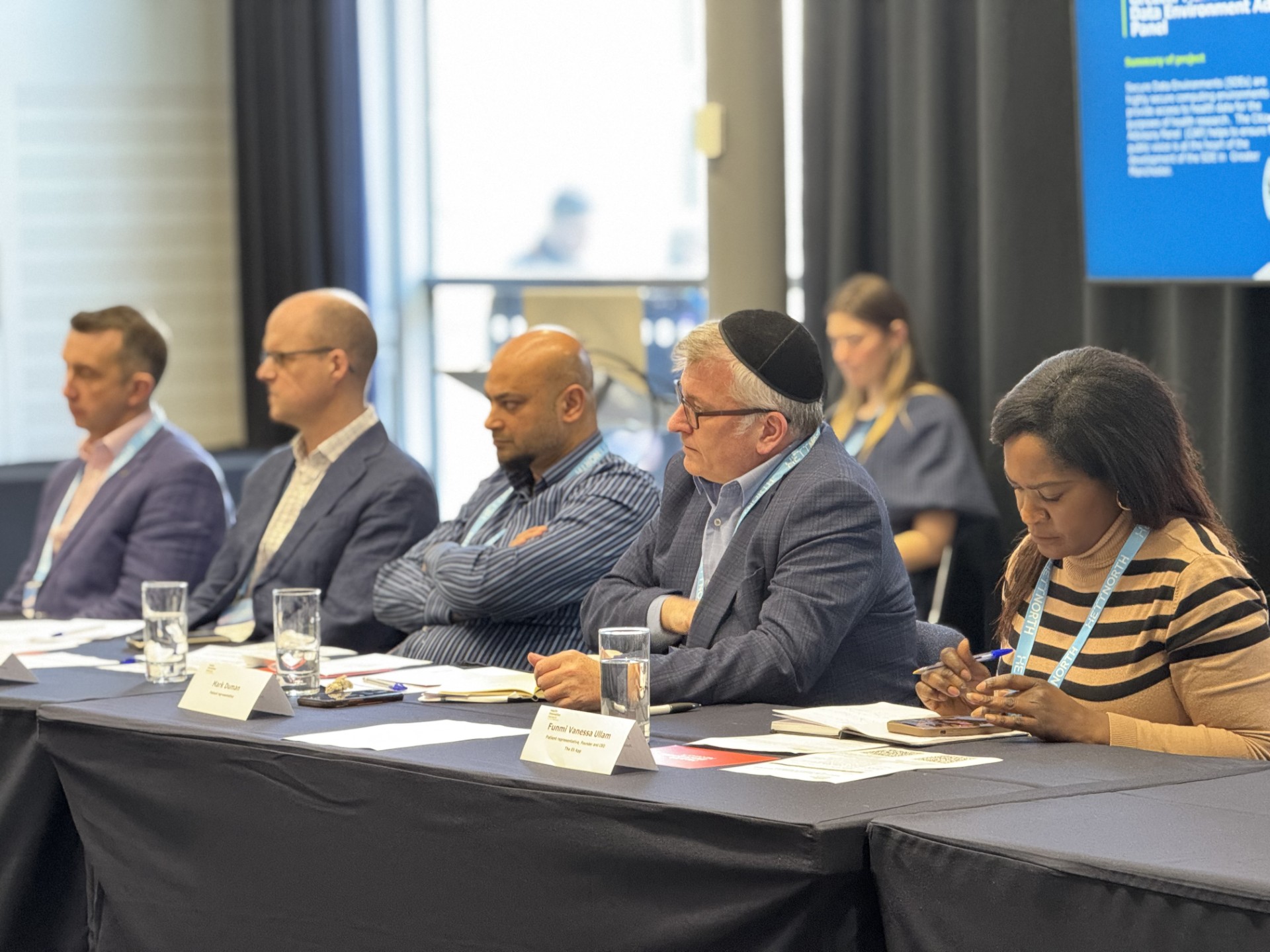We are working with mental health trusts and community paediatric services across England to improve the assessment process for Attention Deficit Hyperactivity Disorder (ADHD) for children and young people through our Focus ADHD national programme.
ADHD is a neurodevelopmental disorder and affects around 5% of school-aged children worldwide [1]. Symptoms include inattentiveness, hyperactivity and impulsiveness. If undiagnosed and/or untreated ADHD can have a significant impact on personal development, academic outcomes, and social interaction.
Mental health charity Mind also indicate that those with ADHD are more likely to experience a mental health problem [2].
Focus ADHD involves working with trusts across England to implement an objective assessment tool, the QbTest, (measuring attention, impulsivity and activity) to supplement current clinical assessment processes. Evidence has shown that the use of objective assessment tools, alongside other clinical information, can provide a more rapid diagnosis – with reductions of around five months. The results are instantly analysed and presented in a report that compares a patients’ results against a normative dataset, based on age and gender.
In the last 12 months, nearly 10,000 children across England have had an objective assessment ADHD.
Following an initial pause in testing due to coronavirus, in the last six months [3] an additional 2,339 children have received an objective assessment for ADHD, as a direct result of Focus ADHD, which started in April 2020.
Nicole McGlennon, Managing Director, East Midlands AHSN said: “The East Midlands AHSN delivered a 12-month, real-world demonstrator project, where the test was deployed and evaluated in three East Midlands trusts. Our findings showed that using the test to supplement current clinical assessment processes not only reduced diagnosis time, but that 94% of clinicians and 85% of patients found the tool helpful.
“Focus ADHD can help release clinicians’ capacity, reduce waiting lists, improve treatment and allow more time to concentrate on complex cases.”
Consultant Paediatrician at United Lincolnshire Hospitals said: “I can honestly say that this innovation has revolutionised my clinical practice. The feedback from clinicians, parents and schools so far has all been extremely positive. We are already planning how we can extend into other areas.”
Collectively evidence shows how the programme can improve the experience for children and their families as well as save time and money for the health and care system.
Following the results demonstrated by the East Midlands AHSN, the Focus ADHD programme was selected as an AHSN Network national adoption and spread programme for roll out in April 2020. As a result, at least one NHS trust in 14 of the Network’s 15 regions now offers this intervention.
Find out more about the AHSN Network’s national adoption and spread programmes.
[1] NICE. (2008). Attention deficit hyperactivity disorder: Diagnosis and management of ADHD in children, young people and adults. Clinical Guideline 72. London: National Institute for Health and Clinical Excellence.
[2] Mind https://www.mind.org.uk/information-support/tips-for-everyday-living/adhd-and-mental-health/
[3] October 2020-end of March 2021

The Health Innovation Network is delighted to announce the launch of Innovation Insights, a brand-new webinar series designed to highlight the latest in health innovation, offering attendees valuable insights into the adoption and spread of innovation within the health and care landscape. Each interactive webinar will feature: Expert presentations: Delivered by thought leaders across [...]

The Health Innovation Network, at an event sponsored by Sarah Coombes MP, brought together parliamentarians including Health Minister Karin Smyth MP and Chair of the Science, Innovation and Technology Committee, Chi Onwurah MP to meet with six innovators supported by health innovation networks across the country and their NHS partners. At the Meet the Innovators: [...]

The need for fast-paced innovation in healthcare is widely acknowledged. And ensuring that healthcare innovation is shaped by the people it serves remains a pressing priority – one made all the more evident by the growing emphasis on health equity in the 10 Year Health Plan. Patient voices are often cited as central to healthcare [...]








